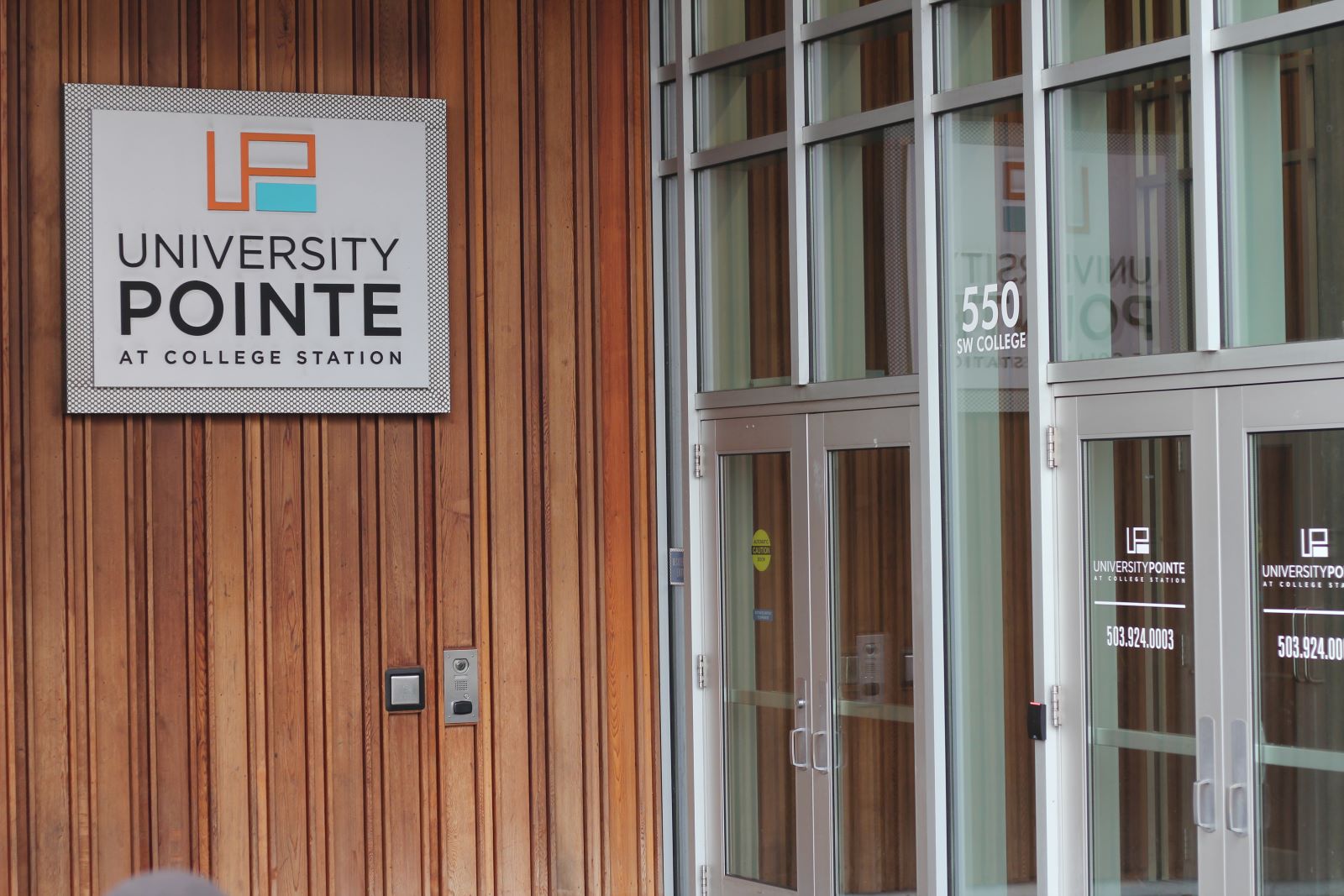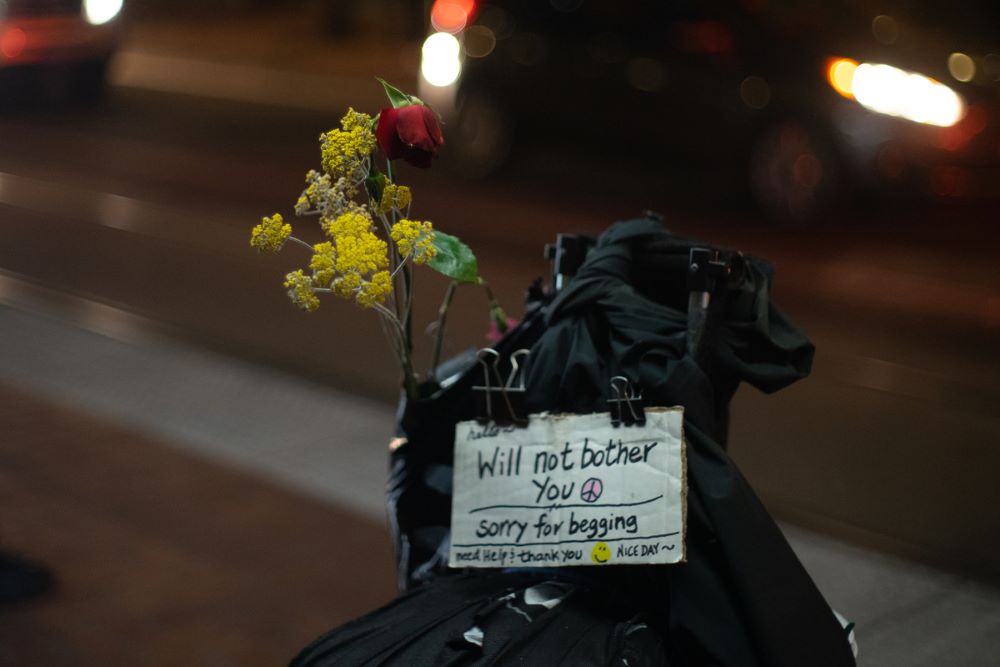On July 31, a crowd of approximately 50 people packed into the concert space at the Hallowed Halls recording studio in Southeast Portland to attend a public forum and panel discussion organized by neighborhood association Southeast Allied Communities on the topic of a proposed low-barrier houseless shelter to be located at 6144 SE Foster Rd.
All four panelists were members of SEAC, which formed earlier this year specifically to oppose the construction of the new 120-bed shelter as it has been proposed by the city. The panelists said SEAC had invited several members of county and city government along with members of local houseless organization A Home for Everyone. According to the panel, none accepted the invitation.
Panelists said the impetus for the meeting was the lack of communication following a community meeting last December, at which County Commissioner Jessica Vega Pederson, Mayor Ted Wheeler, County Chair Deborah Kafoury, and Joint Office of Homeless Services Director Marc Jolin were in attendance. Details on what was discussed at the meeting are scarce, but SEAC claims multiple public officials promised that meeting would be “the first of many.”
Much of the conversation focused not on the shelter itself, but on the lack of transparency that surrounded it. Panelists alleged the city had done almost nothing to collaborate with them and that they had spent a significant amount of money on public records requests. A private citizen who was not on the panel sued the city for allegedly keeping records improperly. One panelist criticized the shelter’s steering committee—comprised of neighborhood association heads and officials with A Home for Everyone—saying nobody kept notes at the meeting. However, minutes and other documents from the committee’s meetings are available online.
Part of the controversy over the shelter comes from competing visions of its potential impact on the surrounding area. Some neighborhood residents raised concerns about people staying at the shelter milling around the neighborhood when it was closed, but its operators have stressed the shelter will be open 24 hours a day and house only people who have been referred by local law enforcement or businesses. This policy sets it apart from other shelters in the area like the Portland Rescue Mission, which allocates its limited beds through a lottery system each evening that often results in an extensive line forming outside the shelter as individuals wait to determine if they will have a bed for the night.
Toward the end of the meeting, one of the panelists posed a challenging question: “How do we actually get power, and not just add our letter [of opposition] to their letter?” They were referring to a recent debate in the Old Town Chinatown neighborhood over another proposed shelter, which led to a letter of opposition signed by the Old Town Chinatown Community Association.
Someone sitting near the back of the room replied, “You gain power by being part of the solution, by saying something beyond ‘I just don’t want this in my neighborhood,’ and saying ‘This is what I want in my neighborhood to solve this pressing crisis.’ Offer a solution, not just a rejection.”






